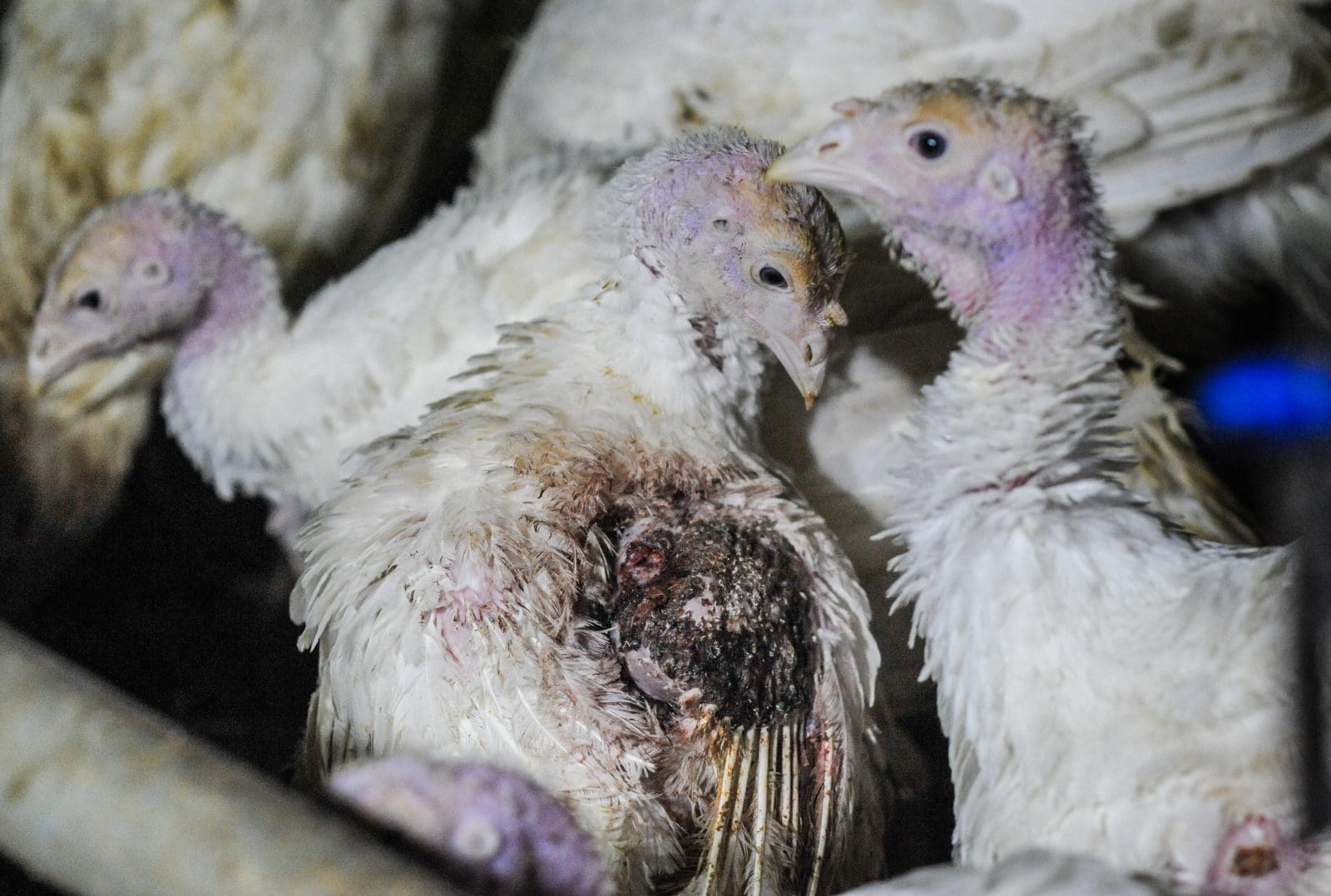Take Action is where awareness turns into empowerment. This category serves as a practical roadmap for individuals who want to align their values with their actions and become active participants in building a kinder, more sustainable world. From everyday lifestyle changes to large-scale advocacy efforts, it explores diverse pathways toward ethical living and systemic transformation.
Covering a wide range of topics—from sustainable eating and conscious consumerism to legal reform, public education, and grassroots mobilization—this category provides the tools and insights necessary for meaningful participation in the vegan movement. Whether you’re exploring plant-based diets, learning how to navigate myths and misconceptions, or seeking guidance on political engagement and policy reform, each subsection offers actionable knowledge tailored to various stages of transition and involvement.
More than a call to personal change, Take Action highlights the power of community organizing, civic advocacy, and collective voice in shaping a more compassionate and equitable world. It underscores that change is not only possible—it is already happening. Whether you’re a newcomer seeking simple steps or an experienced advocate pushing for reform, Take Action provides the resources, stories, and tools to inspire meaningful impact—proving that every choice counts and that together, we can create a more just and compassionate world.
The truth about eating animal meat is more alarming than many realise, with consequences that extend far beyond the dinner table. From accelerating climate change and driving deforestation to polluting waterways and depleting vital resources, animal agriculture is a leading force behind environmental destruction. At the same time, consuming meat has been linked to serious health risks such as heart disease, cancer, and antibiotic resistance. This industry also raises ethical concerns due to its treatment of animals in factory farms. By shifting towards a plant-based diet, we can reduce our ecological footprint, improve our health, and advocate for a more compassionate world—making it an urgent choice for individuals seeking positive change

















































